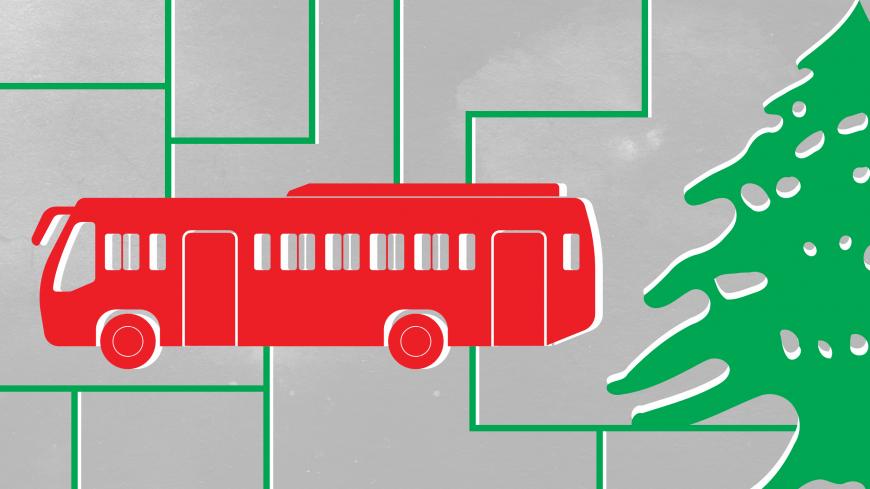BEIRUT — On March 15, 2018, the World Bank approved a $295 million funding package to reform the transportation sector in Lebanon. It will fund the Greater Beirut Public Transport Project (GBPTP) in the country’s most congested city.
Funding is guaranteed through a $225.2 million loan to be repaid over 31 years with an eight-year grace period and a grant of $69.8 million as a contribution from the Global Concessional Financing Facility established by the World Bank in 2016 to offer funding packages to countries whose economies are burdened by an influx of refugees like Lebanon and Jordan.



